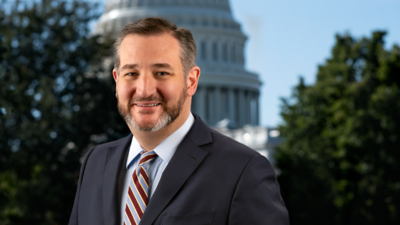Gov. J.B. Pritzker | Facebook
Gov. J.B. Pritzker | Facebook
The Chicago City Council is set to vote on two major issues: the possible adoption of a 1% grocery tax and an expansion of regulations for additional dwelling units, often referred to as "granny flats."
The proposed grocery tax comes after Illinois Governor J.B. Pritzker removed the statewide grocery tax as part of his 2024 budget. As a result, more than 500 municipalities in Illinois have implemented their own local grocery taxes. If Chicago approves the new 1% tax, it could generate up to $70 million in revenue to offset funds lost from the elimination of the state-level tax. Previously, Illinois was one of only 13 states that taxed groceries at the state level.
On housing policy, Alderman Bennett Lawson has introduced legislation—amended by Alderman Marty Quinn—to expand Chicago’s pilot program for additional dwelling units (ADUs). These units include attic apartments, basement units, and backyard coach houses in multi-unit residential and commercial areas. According to recent research from the Illinois Policy Institute, if the city council were to further reduce restrictions beyond this bill, Chicago could add as many as 8,000 new housing units by 2030.
A survey indicates that 71% of Chicago residents support allowing these types of housing options.
LyLena Estabine, policy researcher for Illinois Policy, commented on the ordinance: “The city made significant housing progress by eliminating parking requirements near transit stops. This ordinance to expand the additional dwelling unit pilot program, if adopted, would be another positive step. But if aldermen really want to make a difference for housing affordability in Chicago, they should go a step farther by opting-in to additional dwelling units in single-family areas. Legalizing the units citywide would offer homeowners more freedom, empowering them to invest in their own communities. It could provide additional income potential and housing options for Chicago families, particularly those in predominantly Black neighborhoods. The City Council must keep continue cutting down the government red tape that’s slowing growth and driving up costs in the city.”
The council's decisions on these measures are expected to have significant effects on both local revenue streams and affordable housing availability.






 Alerts Sign-up
Alerts Sign-up